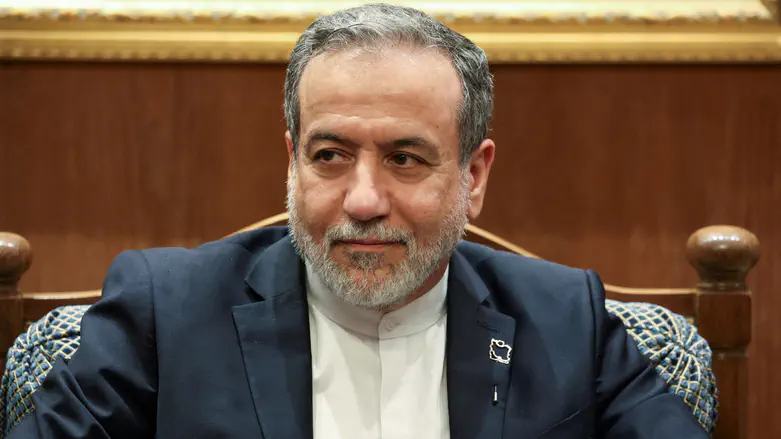Iran is demanding that the United States provide compensation for damage sustained during last month’s war with Israel before any nuclear negotiations can resume, Iranian Foreign Minister Abbas Araghchi said, in a sharp escalation of Tehran’s preconditions.
In an interview with the Financial Times, Araghchi stated that the Islamic Republic would not return to the negotiating table under what he described as “business as usual” following the 12-day conflict that saw direct US military action against Iranian targets.
“They should explain why they attacked us in the middle of.. negotiations, and they have to ensure that they are not going to repeat that [during future talks],” Araghchi said. “And they have to compensate [Iran for] the damage that they have done.”
As Iran’s chief nuclear negotiator, Araghchi said that he has remained in contact with US envoy Steve Witkoff throughout and after the war. According to Araghchi, Witkoff has proposed renewing dialogue, but Tehran is insisting on “real confidence-building measures,” including financial reparations and guarantees that such attacks will not recur.
“My message [to Witkoff] is not that complicated,” Araghchi told the Financial Times. “I said the recent aggression proved there is no military solution for Iran’s nuclear programme, but a negotiated solution can be found.”
Iran and the US held several rounds of indirect nuclear negotiations, mediated by Oman, before the US joined Israel’s operation against Iran’s nuclear facilities, striking the Fordow and Natanz enrichment sites, as well as a separate facility in Isfahan, inflicting heavy damage.
President Donald Trump, speaking to reporters alongside Prime Minister Benjamin Netanyahu at the White House several weeks ago, indicated that the United States would engage in discussions with Iran.
“We have scheduled Iran talks, and they want to talk,” Trump asserted. He further added, “They’ve requested a meeting and I’m going to go to a meeting, and if we can put something down on paper, that would be fine.”
The spokesperson for Iran’s Foreign Ministry later refuted those claims and stated that Tehran has not requested any meeting with the United States.
Araghchi told the Financial Times that Trump’s stance, including the abandonment of the 2015 nuclear deal, has left deep mistrust. “Anti-negotiation feelings are very high,” he said, describing growing skepticism among Iranian officials and the public.
One core dispute remains Washington’s demand for a complete halt to uranium enrichment, which Tehran rejects. “We can negotiate, they can present their argument and we will present our own argument,” Araghchi said. “But with zero enrichment, we don’t have a thing.”
Araghchi recently downplayed the idea that diplomatic talks between the US and Iran would restart soon.
“In order for us to decide to reengage, we will have to first ensure that America will not revert back to targeting us in a military attack during the negotiations. And I think with all these considerations, we still need more time,” Araghchi said, though he insisted, “The doors of diplomacy will never slam shut.”
Trump later said that he is “in no rush” to talk to Iran, even though the Islamic Republic is hoping to engage in discussions with the United States.
Speaking to reporters in Washington, Trump stated, “They would like to talk. I’m in no rush to talk because we obliterated their site.”
